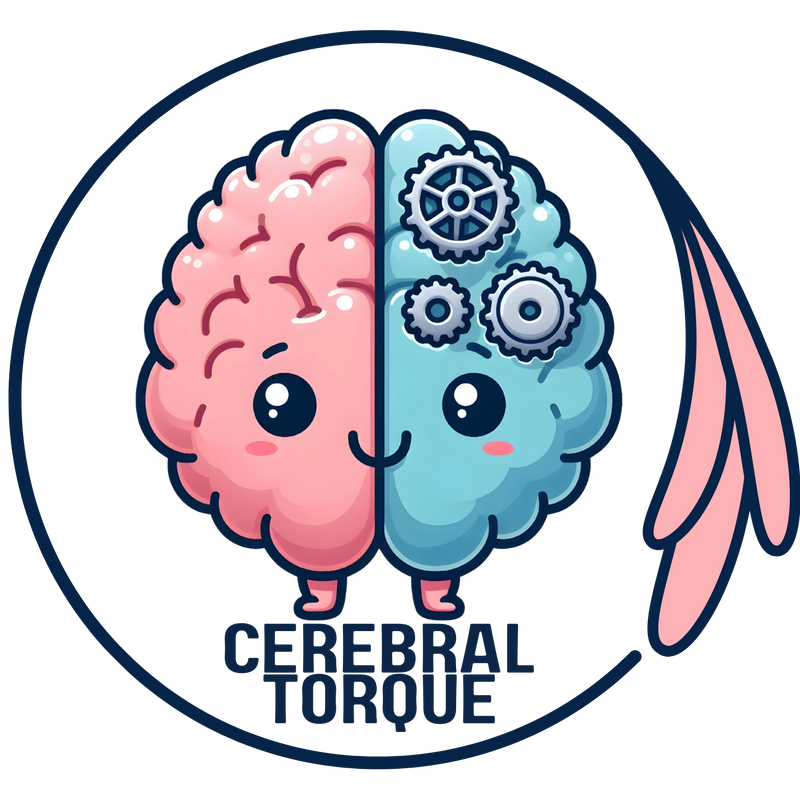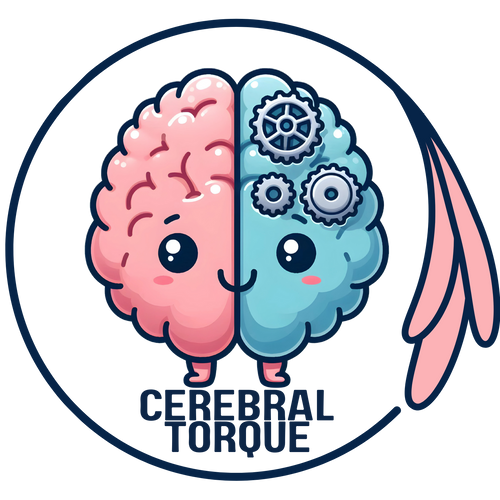Possible Accommodations for College Students with Migraine
Posted on March 23 2023,

There is an office designated for disabilities in all American colleges. Go there with evidence of your disability and a list of requested accommodations. The earlier, the better. Below is a list of potential accommodations you can ask for.
Possible Accommodations in a Classroom Setting
Lighting
Allow the student to retreat to a part of the classroom with minimal to no lighting.
Use of Earplugs or Noise-Cancelling Headphones
Allow the student to use devices that provide a sound-free environment.
Use of Sunglasses
Allow the student to wear sunglasses in class or in indoor spaces as it can help alleviate migraine symptoms and/or prevent a migraine attack.
Seating Accommodations
Allow the student to choose their seat thereby providing them an opportunity to sit away from any stimulation and to contribute to a distraction-free environment.
Medication Use
Allow the student to take their abortives (acute medication) at the first sign of a migraine attack. These medications may consist of oral, nasal, or injectable formulations. These may also include supplements or candies that may contain substances like ginger.
Device Use
Allow the student to wear a device that may treat their migraine attack. These devices may be seen on the forehead, applied to the neck, or around the arm.
Breaks
Allow the student to use breaks as needed when they are suffering from a migraine attack.
Hydration and Satiety
Allow the student to eat and/or drink when necessary to prevent a migraine attack due to a lack of water and food being a known migraine trigger. (Bathroom breaks are included in the previous accommodation.)
Absence and Lateness
Absence, lateness, and leaving early should be considered excused if due to a migraine attack.
Recording Lectures
Allow the student to record lectures because migraine impacts concentration and retention of information. This will provide the student the ability to listen to the lecture on their own time so they they can digest the material properly.
Possible Accommodations for Assignments and Tests
Flexible Deadlines
Allow the student to complete missed assignments or take missed exams due to migraine attacks that can last for several days and, possibly, even longer if the student has status migrainosus. Furthermore, allow the student to ask for an extended deadline for an assignment.
Alternative Testing Methods
Allow the student to take exams in a quiet environment and allow extra time for exams, if asked by the student. Cognitive processing may be slowed due to migraine and migraine medications so extra time may be necessary for every exam.
Access to Digital Copies of Textbooks and Course Materials
Allow the student to have access to digital copies of study materials as paper copies may elicit or worsen a migraine attack. (Or vice versa depending on their individualized migraine triggers.)
Alternative Mediums for Assignments and Tests
Allow the student to hand in homework assignments using methods other than the standard. For example, allow the student to dictate a homework assignment rather than providing a physical readable copy. Likewise, allow the student the ability to take oral tests or avoid scantron use by writing out the answers.
Accommodations for Extracurricular Activities
Flexible Participation Requirements
Allow the student a flexible schedule to participate as they may already have difficulty in the participation of activites. Do not exclude them based on absences or latenesses.
Alternative Activities
Provide alternative activites for the student who may be unable to participate in certain activities.
Access to Medical Resources
Provide a plan for the student to access medical resources if a migrane attack were to develop while participating in activities. They will need to take medication as soon as possible.
It is important to note that accommodations may vary depending on the individual needs of the student. Therefore, the above accommodations may need to be adjusted or changed as the student learns what works best for them and their disability or as the disease process or medication side effects evolve.
Sun, Jan 04, 26
Long-Term Safety of Anti-CGRP Monoclonal Antibodies
A comprehensive meta-analysis of over 4,300 patients reveals that erenumab, galcanezumab, fremanezumab, and eptinezumab maintain good tolerability beyond 12 months. Only 3% of patients stopped treatment due to adverse events,...
Read MoreThu, Jan 01, 26
Alternate Nostril Breathing Protocol for Migraine
Alternate nostril breathing is a simple yogic technique that's showing real promise for migraine prevention. Unlike acute treatments, this practice builds nervous system resilience over time - making attacks less...
Read MoreFri, Dec 26, 25
Why Migraine and Jaw Pain Go Together: New Research (2025) Explains the Link
A 2025 systematic review of over 10,000 patients confirms a strong bidirectional link between migraine and temporomandibular disorders. People with migraine are 6 times more likely to develop TMD, while...
Read More


